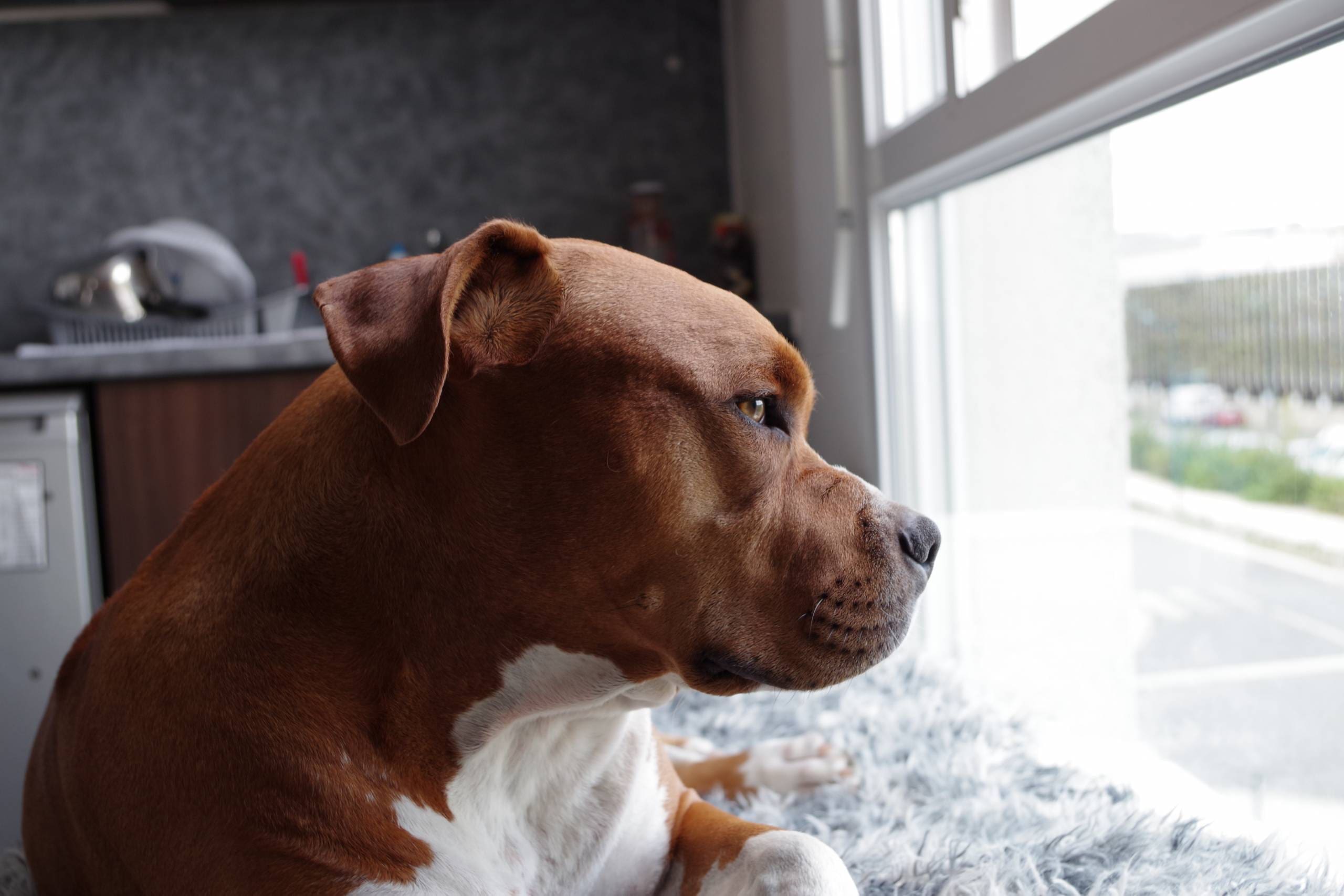
Understanding the Causes of Dog Diarrhea
Before diving into solutions, it’s important to understand what could be causing your dog’s diarrhea. There are several factors that can contribute to this issue. It could be due to a sudden change in diet, the ingestion of something toxic, bacterial or viral infections, stress, or underlying health conditions. Additionally, parasites such as worms can also lead to diarrhea in dogs. Identifying the possible cause can aid in finding the best course of action to help your dog.
Seeking Veterinary Assistance
If your dog is experiencing diarrhea, especially if it’s persistent or severe, it’s crucial to seek professional advice from a veterinarian. While some cases of diarrhea may resolve on their own, it’s important to rule out any serious underlying health issues. Your vet can provide a proper diagnosis and recommend appropriate treatment based on your dog’s specific condition.
Hydration Is Key
Just like in humans, staying hydrated is crucial for dogs, especially when they’re experiencing diarrhea. Diarrhea can lead to dehydration, which can further exacerbate their discomfort. Ensure that your dog has access to clean, fresh water at all times. You may also consider offering ice cubes or a small amount of unflavored Pedialyte to help replenish their electrolytes. However, it’s important to consult your vet before administering any additional fluids or supplements.
Dietary Management
In many cases, dietary changes can help alleviate your dog’s diarrhea. Consider feeding your dog a bland diet consisting of easily digestible foods such as boiled chicken and rice. This can help soothe their digestive system and provide relief from gastrointestinal upset. Once your dog’s stool begins to firm up, you can gradually reintroduce their regular food, making sure to do so gradually to avoid further digestive upset.
Probiotics for Gut Health
Introducing probiotics into your dog’s diet can aid in restoring the balance of healthy bacteria in their gut. Probiotics are beneficial microorganisms that can support your dog’s digestive system, potentially reducing the duration and severity of diarrhea. There are various probiotic supplements formulated specifically for dogs, and your veterinarian can recommend the most suitable option for your pet.
Monitoring Your Dog’s Progress
While helping your dog through a bout of diarrhea, it’s important to closely monitor their progress. Keep an eye on their energy levels, appetite, and overall demeanor. If their symptoms persist or worsen, it’s crucial to seek further guidance from your veterinarian. By staying attentive and responsive to your dog’s needs, you can help ensure their swift recovery.
Dealing with a dog experiencing diarrhea can be a worrisome time for any pet owner. By understanding the potential causes and implementing appropriate measures, you can help alleviate your dog’s discomfort and promote their recovery. Remember, seeking professional veterinary advice and providing attentive care are essential steps in managing your dog’s diarrhea effectively. With patience and care, your furry friend can soon be back to their happy, healthy self.
[/fusion_text]



